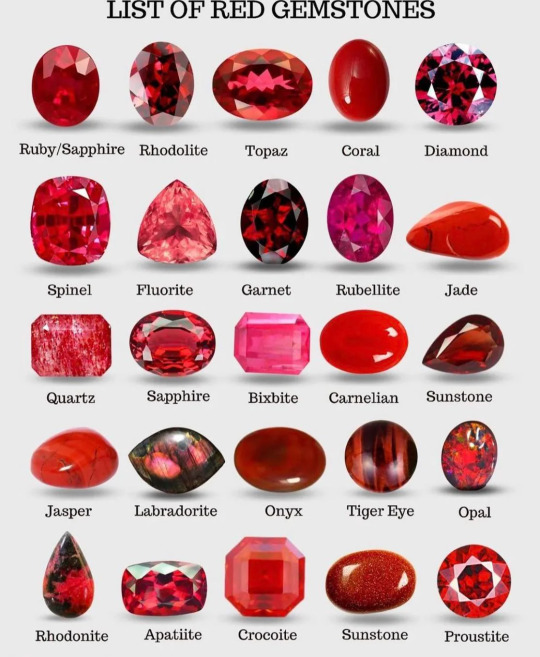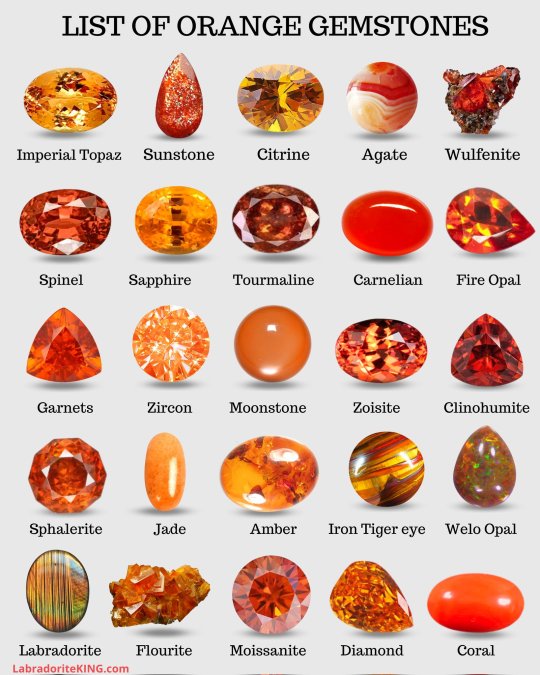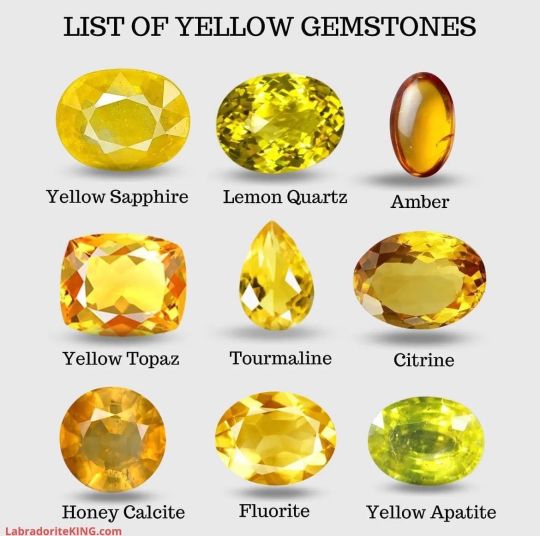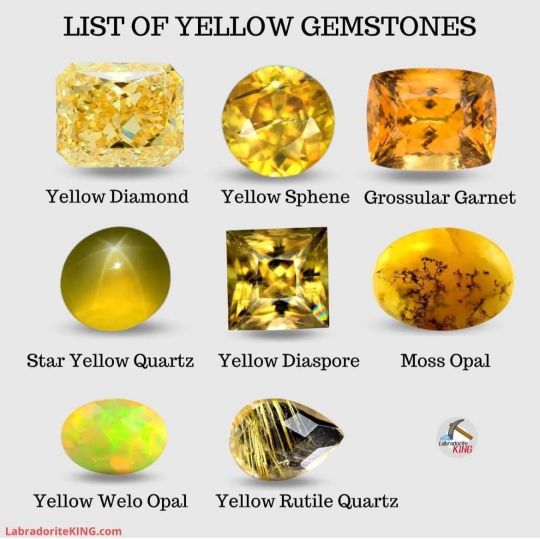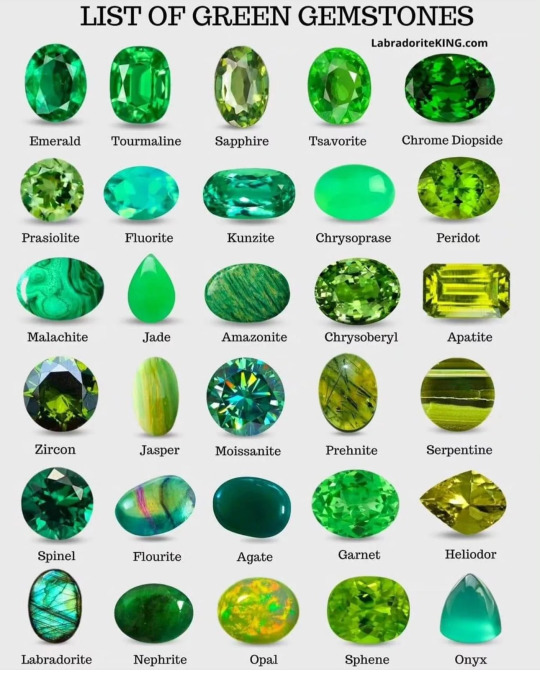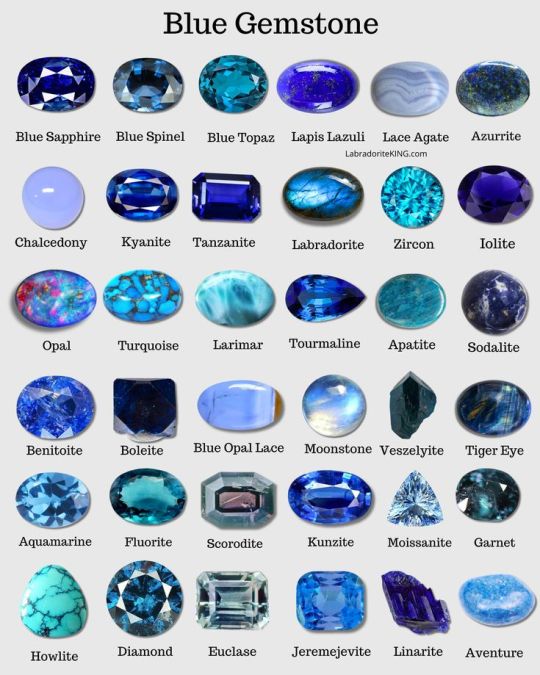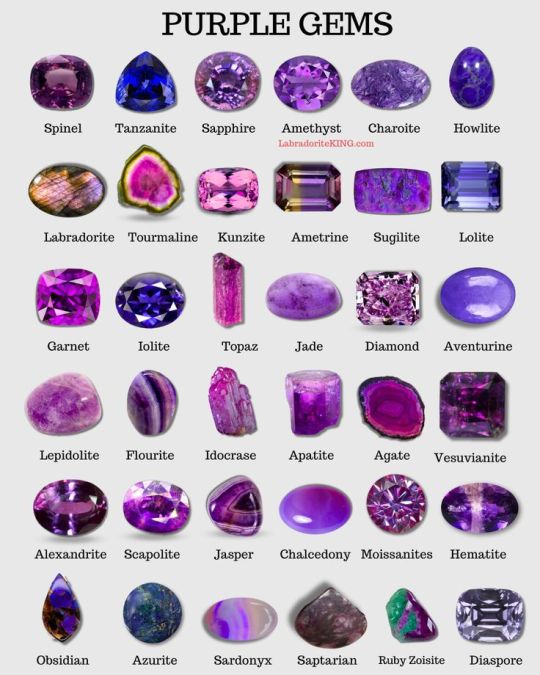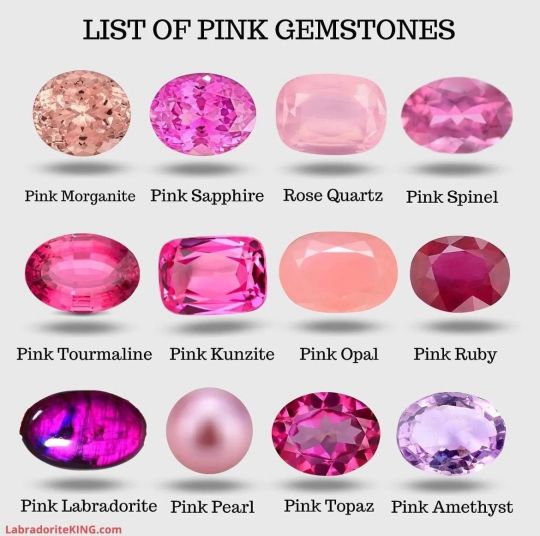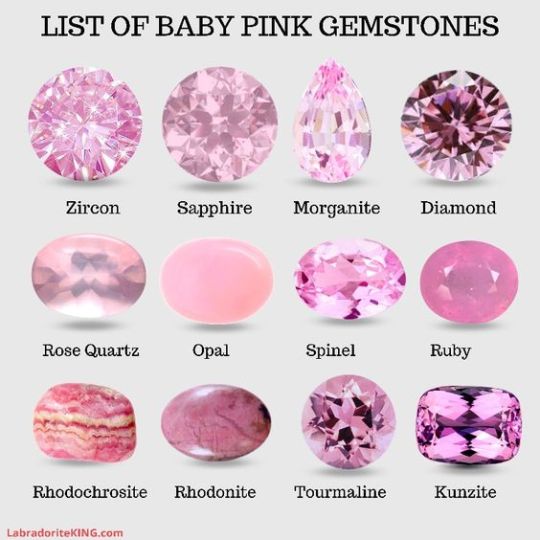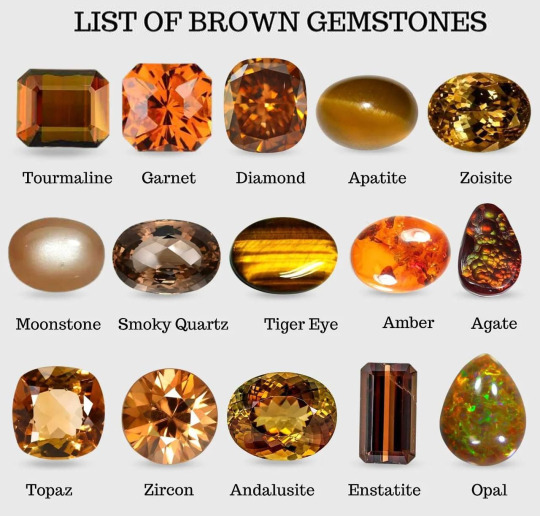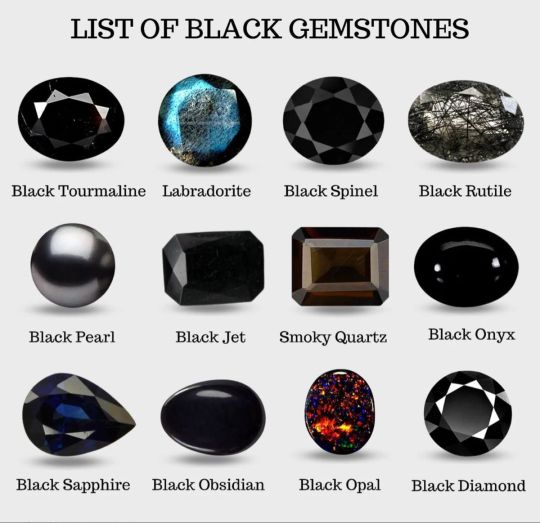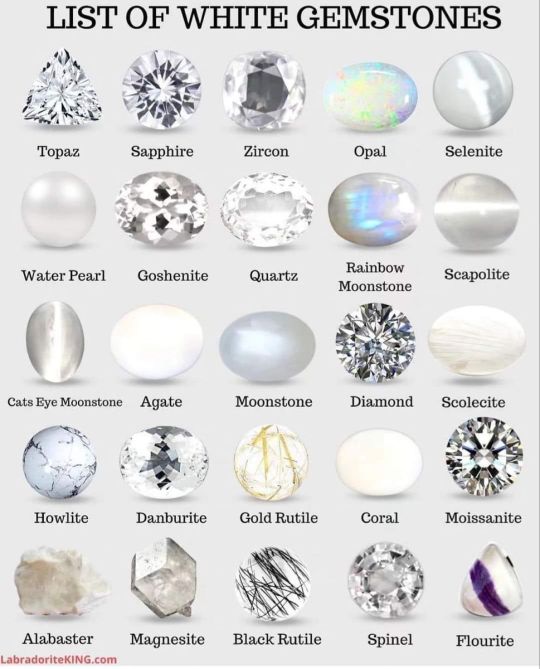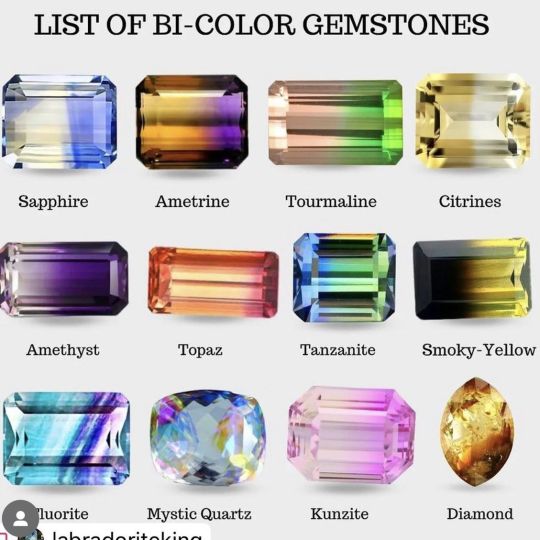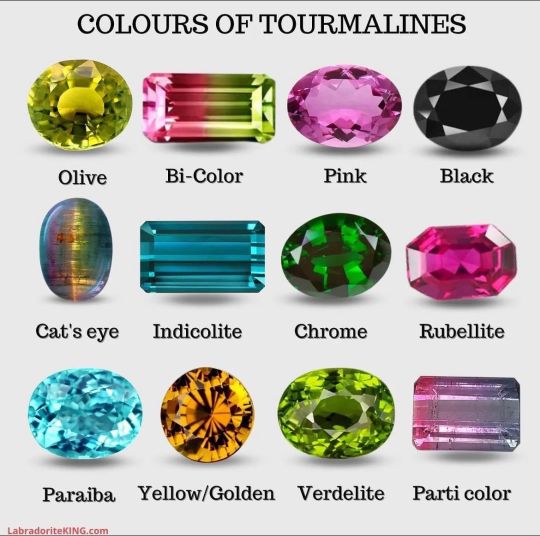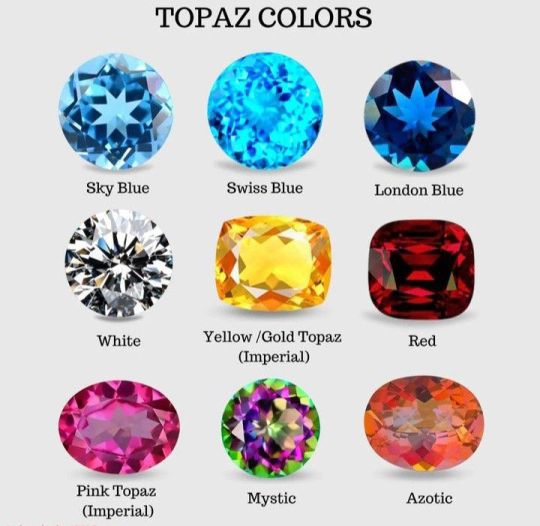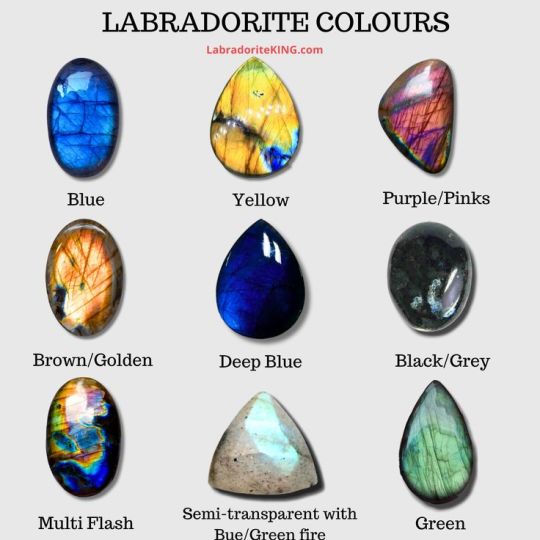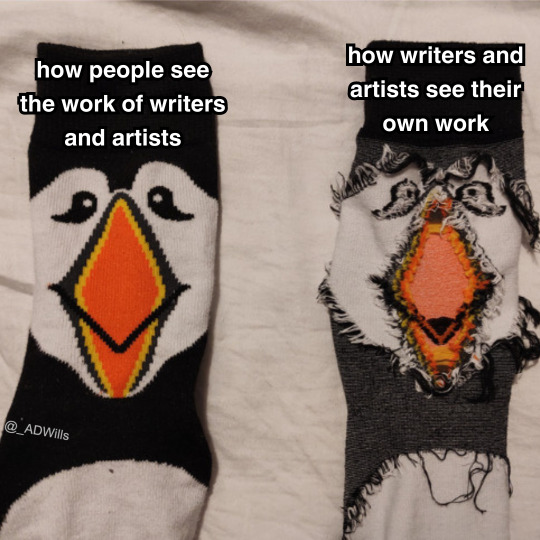Text
I love the old timey phrase "you forget yourself". bro that was so impolite like do you even know who you are rn
59K notes
·
View notes
Text
Caves are weirder and more varied than you think










153K notes
·
View notes
Text
I truly hate the word “unalive.” There are so many other euphemisms that fictional Italian mobsters worked so hard to provide you with and you just ignore them.
219K notes
·
View notes
Text
Honestly? My main piece of advice for writing well-rounded characters is to make them a little bit lame. No real living person is 100% cool and suave 100% of the time. Everyone's a little awkward sometimes, or gets too excited about something goofy, or has a silly fear, or laughs about stupid things. Being a bit of a loser is an incurable part of the human condition. Utilize that in your writing.
50K notes
·
View notes
Text
worried that thing you put in your art or writing or game or music is too self-indulgent, too self-referential, too niche for anyone but yourself? fear not! you can do whatever you want forever. and you should.
37K notes
·
View notes
Text
i finished reading your story and i must say that, while it's alright, there's so many plot holes because the characters made irrational decisions and didn't think logically 100% of the time. consider fixing this next time please
54K notes
·
View notes
Text
🟢 You are still a writer even when you haven't written in a while.
🟢 You are still a writer even when you feel like you aren't writing enough.
🟢 You are still a writer when you feel like your work isn't good.
🟢 You are still a writer when other people don't like your work.
🟢 You are still a writer when you aren't published.
🟢 You are still a writer when you only have works in progress.
🟢 You are still a writer if all you write is fanfiction.
27K notes
·
View notes
Text
5K notes
·
View notes
Text
Read, read, read. Read everything -- trash, classics, good and bad, and see how they do it. Just like a carpenter who works as an apprentice and studies the master. Read! You'll absorb it. Then write. If it's good, you'll find out. If it's not, throw it out of the window.
— William Faulkner.
18K notes
·
View notes
Text
You know how apparently people will dump a ton of personal info about themselves onto cashiers?
Imagine being a cashier and this one weirdly familiar stranger starts doing that to you with sorta vague details but not vague enough as you slowly put together that this is your arch nemesis out of costume
268 notes
·
View notes
Text
The symbolism of flowers
Flowers have a long history of symbolism that you can incorporate into your writing to give subtext.
Symbolism varies between cultures and customs, and these particular examples come from Victorian Era Britain. You'll find examples of this symbolism in many well-known novels of the era!
Amaryllis: Pride
Black-eyed Susan: Justice
Bluebell: Humility
Calla Lily: Beauty
Pink Camellia: Longing
Carnations: Female love
Yellow Carnation: Rejection
Clematis: Mental beauty
Columbine: Foolishness
Cyclamen: Resignation
Daffodil: Unrivalled love
Daisy: Innocence, loyalty
Forget-me-not: True love
Gardenia: Secret love
Geranium: Folly, stupidity
Gladiolus: Integrity, strength
Hibiscus: Delicate beauty
Honeysuckle: Bonds of love
Blue Hyacinth: Constancy
Hydrangea: Frigid, heartless
Iris: Faith, trust, wisdom
White Jasmine: Amiability
Lavender: Distrust
Lilac: Joy of youth
White Lily: Purity
Orange Lily: Hatred
Tiger Lily: Wealth, pride
Lily-of-the-valley: Sweetness, humility
Lotus: Enlightenment, rebirth
Magnolia: Nobility
Marigold: Grief, jealousy
Morning Glory: Affection
Nasturtium: Patriotism, conquest
Pansy: Thoughtfulness
Peony: Bashfulness, shame
Poppy: Consolation
Red Rose: Love
Yellow Rose: Jealously, infidelity
Snapdragon: Deception, grace
Sunflower: Adoration
Sweet Willian: Gallantry
Red Tulip: Passion
Violet: Watchfulness, modesty
Yarrow: Everlasting love
Zinnia: Absent, affection
50K notes
·
View notes
Text
Good Traits Gone Bad
Exploring good traits gone bad in a novel can add depth and complexity to your characters. Here are a few examples of good traits that can take a negative turn:
1. Empathy turning into manipulation: A character with a strong sense of empathy may use it to manipulate others' emotions and gain an advantage.
2. Confidence becoming arrogance: Excessive confidence can lead to arrogance, where a character belittles others and dismisses their opinions.
3. Ambition turning into obsession: A character's ambition can transform into an unhealthy obsession, causing them to prioritize success at any cost, including sacrificing relationships and moral values.
4. Loyalty becoming blind devotion: Initially loyal, a character may become blindly devoted to a cause or person, disregarding their own well-being and critical thinking.
5. Courage turning into recklessness: A character's courage can morph into reckless behavior, endangering themselves and others due to an overestimation of their abilities.
6. Determination becoming stubbornness: Excessive determination can lead to stubbornness, where a character refuses to consider alternative perspectives or change their course of action, even when it's detrimental.
7. Optimism becoming naivety: Unwavering optimism can transform into naivety, causing a character to overlook dangers or be easily deceived.
8. Protectiveness turning into possessiveness: A character's protective nature can evolve into possessiveness, where they become overly controlling and jealous in relationships.
9. Altruism becoming self-neglect: A character's selflessness may lead to neglecting their own needs and well-being, to the point of self-sacrifice and burnout.
10. Honesty becoming brutal bluntness: A character's commitment to honesty can turn into brutal bluntness, hurting others with harsh and tactless remarks.
These examples demonstrate how even admirable traits can have negative consequences when taken to extremes or used improperly. By exploring the complexities of these traits, you can create compelling and multi-dimensional characters in your novel.
Happy writing!
52K notes
·
View notes
Text
If you want to write a dumb little story with a dumb little plot and ridiculously silly characters. No one's stopping you. Genuinely, no one should be allowed to stop you. Write that dumb story with your whole heart and don't hold back.
71K notes
·
View notes
Text
Pirate Terms and Phrases
-> Pirate Lingo
-> A Pirate's Glossary
Batten Down The Hatches - tie everything down and put stuff away for a coming storm.
Brig - a prison on a ship.
Bring a Spring Upon 'er - turn the ship in a different direction
Broadside - the most vulnerable angle of a ship that runs the length of the boat.
Cutlass - a thick, heavy and rather short sword blade.
Dance with Jack Ketch - to hang; death at the hands of the law (Jack Ketch was a famed English executioner).
Davy Jones's Locker - a mythical place at the bottom of the ocean where drowned sailors are said to go.
Dead Men Tell No Tales - the reason given for leaving no survivors.
Flogging - severe beating of a person.
Gangplank - removable ramp between the pier and ship.
Give No Quarter - show no mercy.
Jack - flag flown at the front of the ship to show nationality.
Jolly Roger - black pirate flag with a white skull and crossbones.
Keelhaul - a punishment where someone is dragged under the ship. They are cut by the planks and barnacles on the bottom of the ship.
Landlubber - an inexperienced or clumsy person who doesn't have any sailing skills.
Letters of Marque - government-issued letters allowing privateers the right to piracy of another ship during wartime.
Man-O-War - a pirate ship that is decked out and prepared for battle.
Maroon - to leave someone stranded on a. deserted island with no supplies, typically a punishment for any crew members who disrespected the captain.
Mutiny - a situation in which the crew chooses a new captain, sometimes by forcibly removing the old one.
No Prey, No Pay - a common pirate law that meant crew members were not paid, but rather received a share of whatever loot was taken.
Old Salt - experienced pirate or sailor.
Pillage - to steal/rob a place using violence.
Powder Monkeys - men that performed the most dangerous work on the ship. They were treated harshly, rarely paid, and were expendable.
Privateer - government-appointed pirates.
Run A Shot Across the Bow - fire a warning shot at another boat's Captain.
Scurvy - a disease caused by Vitamin C Deficiency.
Sea Legs - when a sailor adjusts his balance from riding on a boat for a long time.
Strike Colors - lower a ship's flag to indicate surrender.
Weigh Anchor and Hoist the Mizzen - an order to the crew to pull up the anchor and get the ship sailing.
If you like what I do and want to support me, please consider buying me a coffee! I also offer editing services and other writing advice on my Ko-fi! Become a member to receive exclusive content, early access, and prioritized writing prompt requests.
12K notes
·
View notes
Text
Pro-writing tip: if your story doesn't need a number, don't put a fucking number in it.
Nothing, I mean nothing, activates reader pedantry like a number.
I have seen it a thousand times in writing workshops. People just can't resist nitpicking a number. For example, "This scifi story takes place 200 years in the future and they have faster than light travel because it's plot convenient," will immediately drag every armchair scientist out of the woodwork to say why there's no way that technology would exist in only 200 years.
Dates, ages, math, spans of time, I don't know what it is but the second a specific number shows up, your reader is thinking, and they're thinking critically but it's about whether that information is correct. They are now doing the math and have gone off drawing conclusions and getting distracted from your story or worse, putting it down entirely because umm, that sword could not have existed in that Medieval year, or this character couldn't be this old because it means they were an infant when this other story event happened that they're supposed to know about, or these two events now overlap in the timeline, or... etc etc etc.
Unless you are 1000% certain that a specific number is adding to your narrative, and you know rock-solid, backwards and forwards that the information attached to that number is correct and consistent throughout the entire story, do yourself a favor, and don't bring that evil down upon your head.
82K notes
·
View notes
